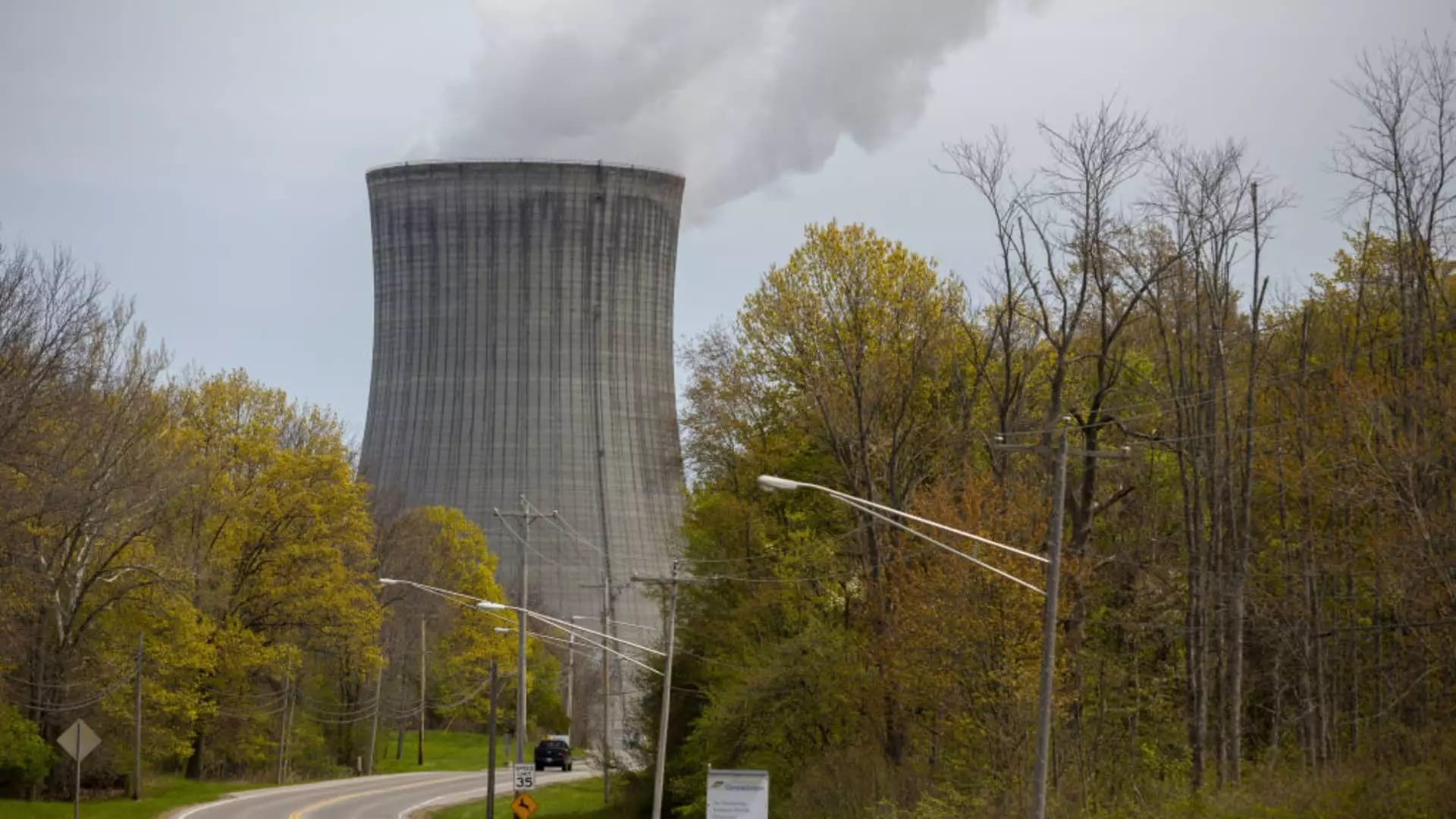In today’s rapidly evolving technological landscape, tech companies are facing a growing need for clean energy sources to power their data centers, particularly as artificial intelligence (AI) technologies continue to advance. This has led to a shift towards directly connecting data centers to nuclear plants, which are seen as a reliable and emission-free source of energy. However, this trend has sparked resistance from some utilities over concerns about the potential impact on the electric grid.
The Growing Power Demands of Data Centers
Data centers, which serve as the backbone of the internet, now require a significant amount of power, with some consuming a gigawatt or more of energy. This is comparable to the average capacity of a nuclear reactor in the U.S. Given the essential role that data centers play in driving economic competitiveness and national security, particularly in the context of global AI competition, the need for sustainable and reliable energy sources has become increasingly critical.
Challenges Faced by Utilities
As tech companies push for direct connections between data centers and nuclear plants, utilities are facing challenges in managing the balance of power supply and demand on the electric grid. The retirement of coal plants, coupled with the increasing demand from other sectors such as domestic manufacturing and electric vehicles, has put pressure on the existing power infrastructure. This is further exacerbated by the constraints faced by grid operators like PJM Interconnection, which cover regions with high concentrations of data centers.
While the concept of co-locating data centers next to nuclear plants is seen as a cost-effective solution to support the growth of data centers, it has also stirred controversy within the industry. The recent deal between Amazon Web Services and Talen Energy to power a data center with a nuclear plant has faced opposition from utilities like American Electric Power and Exelon. They argue that such agreements could lead to resource allocation issues and pose risks to existing customers.
The Federal Energy Regulatory Commission (FERC) has been called upon to review the agreements between tech companies and nuclear plant operators, signaling a need for regulatory oversight in this emerging space. While companies like Constellation Energy and Vistra have voiced support for co-location arrangements, there is a recognition of the complexities involved in balancing the interests of all stakeholders. Moving forward, discussions around connecting large electricity loads directly to power plants are expected to shape the future of energy infrastructure in the U.S.
As the demand for power from data centers continues to rise, it is imperative for industry players to find a balance between meeting the needs of data center operators and ensuring the stability of the electric grid. The potential benefits of co-locating data centers with nuclear plants in terms of efficiency and sustainability need to be weighed against the potential risks and challenges posed to the broader energy ecosystem. Collaborative efforts between tech companies, utilities, and regulatory bodies will be crucial in navigating this complex landscape to ensure a secure and sustainable energy future for all.


Leave a Reply